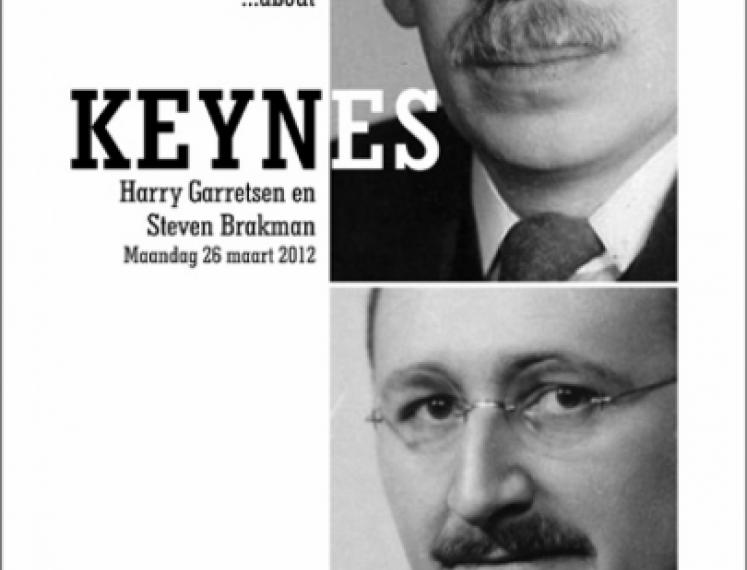Empathy and mirror neurons
How do we understand other people? When we watch a tarantula walk on James Bond’s chest in Dr. No for instance, we intuitively feel his fear and wish to get rid of the spider. We often take for granted the ease with which we understand what occurs in other people’s mind. Although, this capacity is actually quite surprising: while we watch other people, all we see is their body. Their mental states, their fears and their goals, however, are invisible internal states hidden in their brain - and yet, while we look at other people we seem to have an intuitive access to these invisible states. How does our brain perform this mind-reading trick?
Neuroimaging techniques can help us find out how the brain understands other people.
These techniques are rapidly expanding researchers' understanding of a new class of brain cells – mirror neurons – which are active both when people perform an action and when they watch it being performed. A mirror neuron is a neuron that fires both when we act ourselves and when we observe the same action performed by others. Thus, these neurons ‘mirror’ the behavior of another individual, as though we were acting ourselves. In the same way, we also feel similar emotions and generate similar facial expressions when we see the emotions of others. While we watch other people, our brain creates a simulation of their mental states. This provides us with an intuitive connection to the inner states of others. Indeed, people that are more empathic also activate their own actions and emotions more strongly while witnessing those of others. This supports the idea that these simulations may be the basis for our empathy.
How do we understand other people? When we watch a tarantula walk on James Bond’s chest in Dr. No for instance, we intuitively feel his fear and wish to get rid of the spider. We often take for granted the ease with which we understand what occurs in other people’s mind. Although, this capacity is actually quite surprising: while we watch other people, all we see is their body. Their mental states, their fears and their goals, however, are invisible internal states hidden in their brain - and yet, while we look at other people we seem to have an intuitive access to these invisible states. How does our brain perform this mind-reading trick?
Neuroimaging techniques can help us find out how the brain understands other people.
These techniques are rapidly expanding researchers' understanding of a new class of brain cells – mirror neurons – which are active both when people perform an action and when they watch it being performed. A mirror neuron is a neuron that fires both when we act ourselves and when we observe the same action performed by others. Thus, these neurons ‘mirror’ the behavior of another individual, as though we were acting ourselves. In the same way, we also feel similar emotions and generate similar facial expressions when we see the emotions of others. While we watch other people, our brain creates a simulation of their mental states. This provides us with an intuitive connection to the inner states of others. Indeed, people that are more empathic also activate their own actions and emotions more strongly while witnessing those of others. This supports the idea that these simulations may be the basis for our empathy.
Christian Keysers (1973) is a French and German neuroscientist. He studied psychology and biology in Konstanz, Bochum (Germany) and Boston (USA). He was part of the research team that discovered auditory mirror neurons in the macaque monkey at the University of Parma. After that, he expanded the notion of mirror neurons to emotions and sensations. Currently, Keysers is a full Professor for the Social Brain at the UMCG Neuroscience Department and the scientific director of the BCN Neuro Imaging Center.



